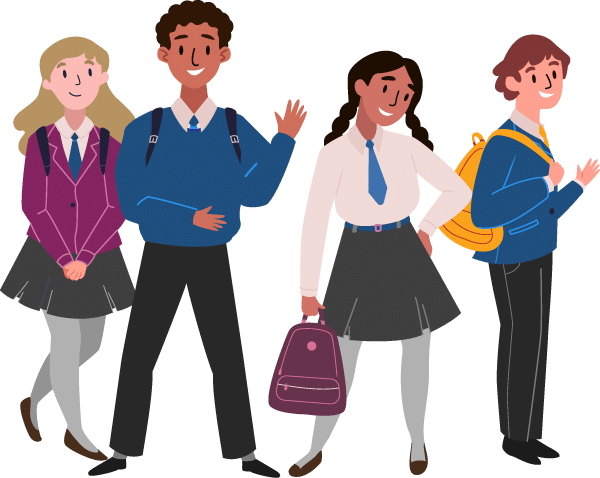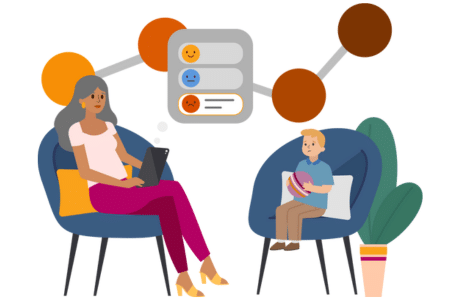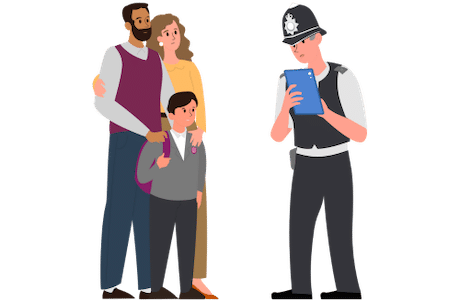Last updated: 4 November, 2024
First Published: 17 June 2024
Guest Author: Jon Trew
In September 2024 the Department for Education (DfE) published an updated version of the statutory guidance for schools in England: Keeping Children Safe in Education 2024 (KCSIE).
No changes have been made to the version which was made available for information only in May 2024, however the guidance is now in effect and there are some substantial changes in the wording from previous years that add emphasis to emerging issues in safeguarding.
- When it comes to safeguarding, the use of language is very important. Language frames our attitudes to abuse and influences our response to its victims and as such, even small changes to the wording in safeguarding guidance can be very meaningful.
- In this blog we breakdown the key updates to KCSIE 2024 and explore what it means for those working with children and young people.
Defining Abuse, Neglect, and Exploitation in KCSIE 2024
- Perhaps the most significant change in the KCSIE 2024 guidance is the addition of the word ‘exploitation’. Throughout the document where previously the phrase ‘abuse and neglect’ were used, this has now been replaced by ‘abuse, neglect, and exploitation’.
- Exploitation is included to remind us that abuse might not just occur in the home, but it may also occur outside of the home environment, even online. Exploitation can include instances where a child or young person may be groomed to become involved in sexual or criminal activity. This is a significant distinction where previously they may have been viewed as an offender instead of a victim.
Child Protection Inside and Outside the Home
- The latest version of KCSIE also adds to the definition of safeguarding so it now includes the phrase “protecting children from maltreatment, whether that is within or outside the home, including online.” Practitioners have been referring to this idea as ‘Contextual Safeguarding’. This is an approach to understanding, and responding to, young people’s experiences of significant harm beyond their families.
- Contextual Safeguarding recognises that the different relationships that young people form in their neighbourhoods, schools and online can feature violence and abuse. Parents and carers have little influence over these contexts, and young people’s experiences of extra-familial abuse can undermine parent-child relationships.
- It expands the objectives of child protection systems in recognition that young people are vulnerable to abuse beyond their front doors.
Alignment with Working Together to Safeguard Children Guidance
- Many of the linguistic changes to KCSIE 2024 are to bring it into line and be consistent with the guidance document ‘Working Together to Safeguard Children 2023’ that was updated in December 2023. Crucially, the updates make reference to ‘Early help’ and includes: “Providing help and support to meet the needs of children as soon as problems emerge.”
- This same wording is found in the Working Together to Safeguard Children 2023 document and represents an important focus on providing support at the earliest opportunity.
Additional Linguistic Updates to Note
- The harm done to children by living in an environment where domestic abuse occurs has been underlined with a reminder to practitioners that the harm may be caused “where they see, hear or experience its effects.” This is an important factor to note when recognising the impact of domestic abuse in children and young people which may extend beyond signs of physical harm.
- The wording “Deliberately missing education” has also been changed to the more accurate and less pejorative “unexplained and or persistent absences”. When considered in the context of as many as 117,000 children missing from education in 2022/23, this reflects a significant shift towards understanding the causes of children missing education, over a punitive approach which lays blame on victims.
- The section entitled “children who are lesbian, gay, bi or trans” has been replaced by the phrase “children who are lesbian, gay, bisexual, or gender questioning”. However, this section remains under review, pending the outcome of the gender questioning children guidance consultation, and final gender questioning guidance documents being published.
The Importance of Information Sharing
- Keeping Children Safe in Education 2024 now also requires that those working with children and young people should record “all concerns, discussions and decisions made including the rationale for those decisions. These recordings should include instances where referrals were or were not made to another agency such as LA children’s social care or the Prevent program etc.”
- Recording why you decided not to refer a matter to children’s services may be as important as why you decided to do so. Recording the rationale for decisions even if that decision was to wait and monitor the situation, or not refer can be very useful to counter allegations and criticism that the school did nothing.
- CPOMS StudentSafe is a valuable tool when it comes to protecting children from exploitation and providing full records of concerns, discussions and actions taken with regards to safeguarding. As information is entered, a student’s chronology is automatically constructed so DSLs can see a clear picture and more readily connect the dots on a situation before they become significant problems.
- For a holistic approach to safeguarding, with CPOMS Engage at the Local Authority and education establishments, safeguarding information can be shared between systems quickly and securely. This provides a complete record of each student’s chronology in line with the guidance in KCSIE 2024, detailing all incidents, referrals and intervention measures.
To learn more about how CPOMS can support your setting in adhering to KCSIE 2024 guidance with secure safeguarding information recording and reporting, book a demo today.




